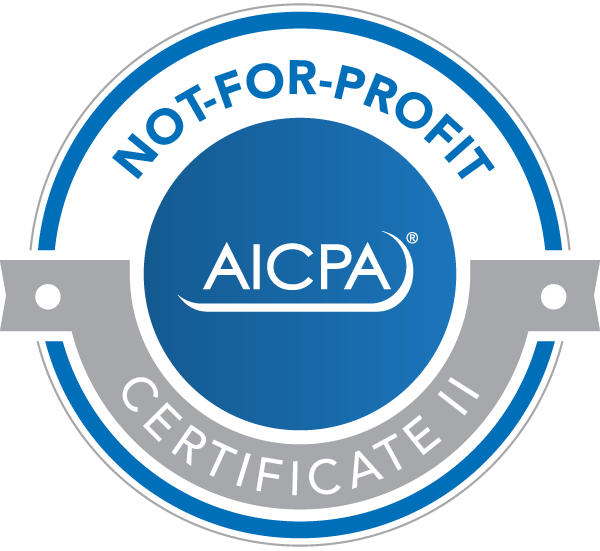When preparing your tax return, we’ll check one of the following statuses: Single, married filing jointly, married filing separately, head of household or qualifying widow(er). Filing a return as a head of household is more favorable than filing as a single taxpayer.

For example, the 2023 standard deduction for a single taxpayer is $13,850 while it’s $20,800 for a head of household taxpayer. To be eligible, you must maintain a household, which for more than half the year, is the principal home of a “qualifying child” or other relative of yours whom you can claim as a dependent.
Basic rules
Who is a qualifying child? This is a child who:
- Lives in your home for more than half the year,
- Is your child, stepchild, adopted child, foster child, sibling, stepsibling (or a descendant of any of these),
- Is under age 19 (or a student under 24), and
- Doesn’t provide over half of his or her own support for the year.
If the parents are divorced, the child will qualify if he or she meets these tests for the custodial parent — even if that parent released his or her right to a dependency exemption for the child to the noncustodial parent.
A person isn’t a “qualifying child” if he or she is married and can’t be claimed by you as a dependent because he or she filed jointly or isn’t a U.S. citizen or resident. Special “tie-breaking” rules apply if the individual can be a qualifying child of more than one taxpayer.
You’re considered to “maintain a household” if you live in the home for the tax year and pay over half the cost of running it. In measuring the cost, include house-related expenses incurred for the mutual benefit of household members, including property taxes, mortgage interest, rent, utilities, insurance on the property, repairs and upkeep, and food consumed in the home. Don’t include items such as medical care, clothing, education, life insurance or transportation.
Maintaining a home for a parent
Under a special rule, you can qualify as head of household if you maintain a home for a parent of yours even if you don’t live with the parent. To qualify under this rule, you must be able to claim the parent as your dependent.
Marital status
You must be unmarried to claim head of household status. If you’re unmarried because you’re widowed, you can use the married filing jointly rates as a “surviving spouse” for two years after the year of your spouse’s death if your dependent child, stepchild, adopted child, or foster child lives with you and you “maintain” the household. The joint rates are more favorable than the head of household rates.
If you’re married, you must file either as married filing jointly or separately — not as head of household. However, if you’ve lived apart from your spouse for the last six months of the year and your dependent child, stepchild, adopted child, or foster child lives with you and you “maintain” the household, you’re treated as unmarried. If this is the case, you can qualify as head of household.
We can answer questions if you’d like to discuss a particular situation or would like additional information about whether someone qualifies as your dependent.
- Evaluate whether a Health Savings Account is beneficial to you - September 19, 2023
- Investment swings: What’s the tax impact? - September 12, 2023
- Plan now for year-end gifts with the gift tax annual exclusion - September 5, 2023
- Selling your home for a big profit? Here are the tax rules - August 29, 2023
- The tax consequences of employer-provided life insurance - August 22, 2023









